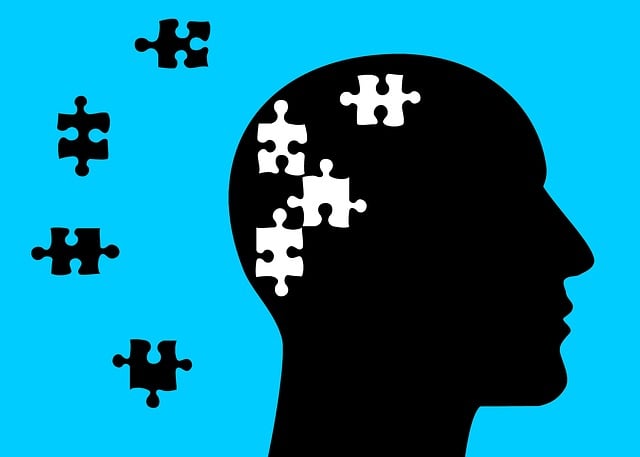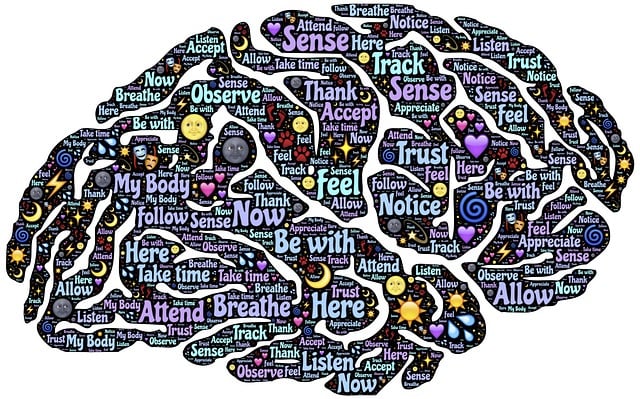Adolescent mental health issues, driven by academic pressure, social media influence, and family dynamics, are addressed through specialized Christian counseling programs that merge faith-based perspectives with evidence-based practices. These programs create supportive environments fostering individual growth, resilience, and coping skills development. Implementing a tailored mental wellness coaching program in partnership with schools, community centers, and churches can significantly aid at-risk youth by offering educational sessions, confidentiality, non-judgmental support, and unique blends of faith and evidence-based techniques promoted through social media and influential Christian figures.
Mental wellness coaching programs, especially those tailored for adolescent teens, are gaining prominence in addressing rising mental health concerns among young people. This article explores the critical need for Christian counseling within this context, delving into effective therapy models and strategic implementation methods. By understanding the unique challenges of adolescent mental health, we can design interventions that foster healing and hope. Through exploring these key components, we aim to equip professionals with tools to reach and support at-risk youth through therapy for adolescent teens.
- Understanding Adolescent Mental Health: Unveiling the Need for Christian Counseling Programs
- Designing Effective Therapy Models for Teenagers: Key Components and Strategies
- Implementing and Promoting Your Program: Reaching and Supporting At-Risk Youth
Understanding Adolescent Mental Health: Unveiling the Need for Christian Counseling Programs

Adolescent mental health is a critical area that demands tailored interventions, especially within the context of Christian counseling programs. Today’s teens face numerous challenges, from academic pressures and social media influences to peer relationships and family dynamics. These factors contribute to a growing prevalence of mental health issues among adolescents, including anxiety, depression, and substance abuse disorders.
The need for effective therapy for adolescent teens is evident, particularly within the Christian community. Organizations like our counseling centers can offer specialized services through Christian counseling programs that address these concerns. By integrating faith-based perspectives with evidence-based practices, we can create a supportive environment where teens feel understood and encouraged to heal. This approach not only facilitates individual growth but also fosters resilience, equipping young people with the tools needed for stress management workshops and depression prevention strategies.
Designing Effective Therapy Models for Teenagers: Key Components and Strategies

Designing effective therapy models for adolescent teens requires a deep understanding of their unique needs and developmental stage. Christian counseling offers a specialized approach that integrates faith-based principles with evidence-based therapeutic techniques. One key component is focusing on coping skills development, teaching teens strategies to navigate stress, anxiety, and emotional challenges. This not only enhances their resilience but also empowers them to manage their mental wellness proactively.
Additionally, cultural sensitivity in mental healthcare practice is essential. Recognizing and respecting the diverse backgrounds of teenage clients, including their religious beliefs and ethnic identities, allows for a more inclusive and effective therapeutic environment. By incorporating culturally sensitive practices, therapy becomes more relatable and engaging for adolescent teens. This holistic approach addresses not only individual mental health concerns but also fosters self-esteem improvement, enabling teens to develop a stronger sense of identity and purpose.
Implementing and Promoting Your Program: Reaching and Supporting At-Risk Youth

Implementing a mental wellness coaching program focused on adolescent teens within a Christian counseling setting can have a profound impact on at-risk youth. To reach and support these young individuals effectively, consider partnering with local schools, community centers, and churches to spread awareness about your services. Offer informational sessions, workshops, and free introductory talks to dispel misconceptions and showcase the benefits of therapy for adolescent teens. By emphasizing confidentiality and the non-judgmental nature of Christian counseling, you can build trust and encourage participation.
Promoting your program’s unique value proposition—combining faith-based approaches with evidence-based techniques like conflict resolution techniques and self-care routine development for better mental health—is key. Leverage social media platforms and community forums to share success stories and highlight the positive thinking components integrated into your coaching methods. Collaborate with influential figures within the Christian community who can vouch for the program’s effectiveness, further legitimizing your initiative and attracting more at-risk youth in need of support.
Mental wellness coaching programs, particularly those centered around Christian counseling for therapy for adolescent teens, are vital tools in addressing the growing mental health challenges among youth. By incorporating evidence-based strategies and tailoring them to the unique needs of teenagers, these programs can effectively support at-risk individuals. As we’ve explored through understanding adolescent mental health, designing therapy models, and implementing outreach strategies, the potential impact is profound. With continued development and promotion, Christian counseling programs can revolutionize mental healthcare, offering hope and healing to many young people in need.











